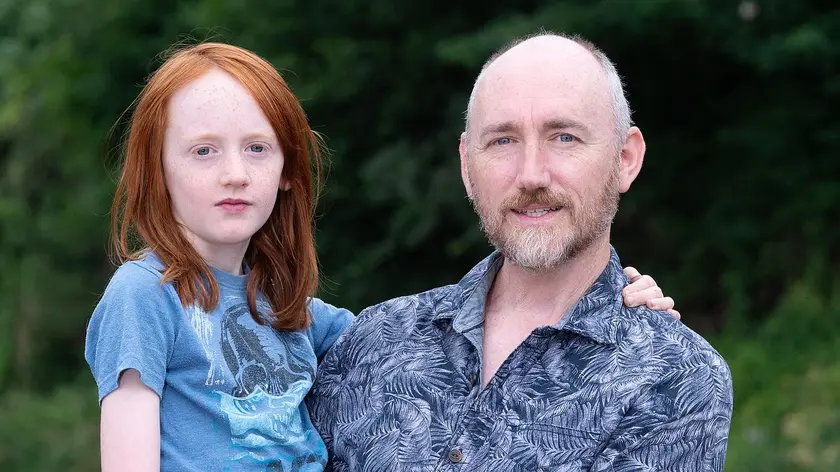T4K3.news
Glasgow teen diagnosed with gastroparesis after severe stomach pain
A Glasgow teenager with PoTS was diagnosed with gastroparesis after worsening symptoms, highlighting patient experiences and support efforts.
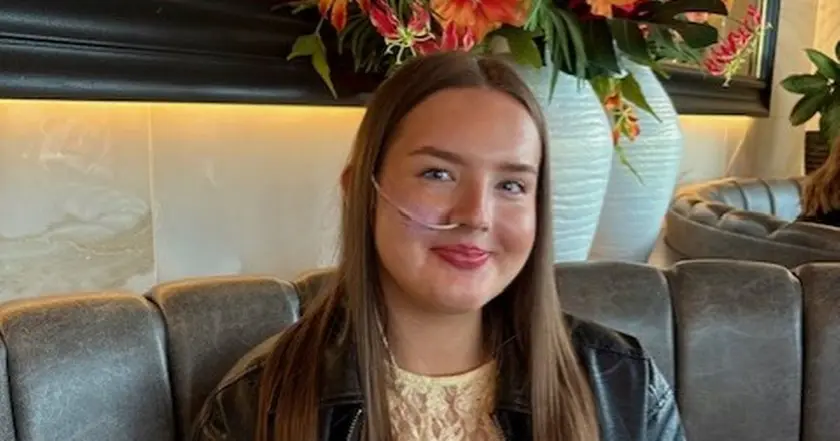
A Glasgow teenager shares her journey with gastroparesis after a late diagnosis linked to PoTS, highlighting treatment challenges and support.
Glasgow teen diagnosed with gastroparesis after severe stomach pain
Lucy Main, 19, from Glasgow, was diagnosed with Postural orthostatic tachycardia syndrome PoTS at 14. Last year her symptoms worsened and she was admitted to hospital with nausea, low blood sugar and severe abdominal pain. Doctors initially attributed the issues to a virus or the PoTS, but further testing suggested gastroparesis, a rare condition that slows stomach emptying. She found information and solidarity through Guts UK, which explained the condition in simple terms and connected her with others who share similar struggles.
Her initial treatment included dietary changes, medication and nutritional supplements. After a period of weight loss and continued symptoms, she was admitted again in early 2025 and told she would need an NJ feeding tube. She recalls feeling scared and crying at the thought, yet she says the tube now provides energy and stability. The feeding tube bypasses the stomach and runs overnight for about 13 hours, improving her overall health and enabling her to pursue university studies in Politics and International Relations. The story also highlights Gastroparesis Awareness Month in August and the role of Guts UK in raising informed discussion about the condition, which affects about 14 in every 100,000 people in the UK.
Key Takeaways
"I just remember crying, I didn’t want a feeding tube at all."
Lucy on facing the NJ feeding tube
"There isn't a cure, and that can be scary."
Lucy speaks about the nature of gastroparesis
"Guts UK was the first charity I found when looking for information"
Lucy on the role of the charity
"I have so much more energy now and I feel more like myself"
Lucy on improvements after feeding tube
Lucy’s experience underscores how rare conditions can be missed or misattributed, especially when symptoms overlap with more common illnesses. It also shows the vital role charities play in helping patients understand complex diagnoses and access practical support. The piece invites readers to consider the long road from diagnosis to daily life, including the emotional impact of treatment choices like feeding tubes and the importance of clear information for patients and families. While medical care can offer targeted therapies, awareness and accessible information remain key to improving outcomes for those with gastroparesis and related disorders.
Highlights
- Gastroparesis is not well known but it changes every day.
- A feeding tube felt scary at first now it means I can dream bigger.
- Guts UK was the first charity I found and it helped me learn.
- Take each day as it comes and don’t fear the unknown.
Awareness can turn private struggle into shared support.
Enjoyed this? Let your friends know!
Related News
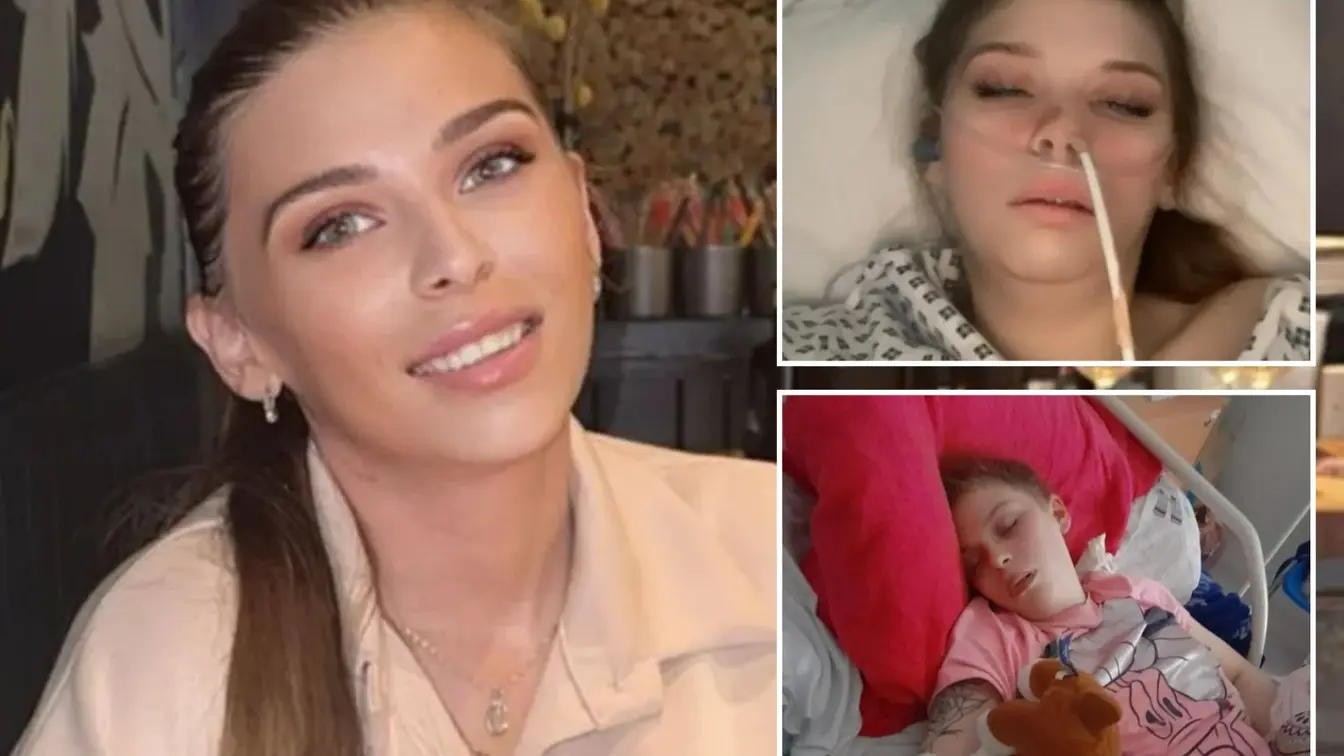
Young woman's health crisis sparked by misdiagnosis
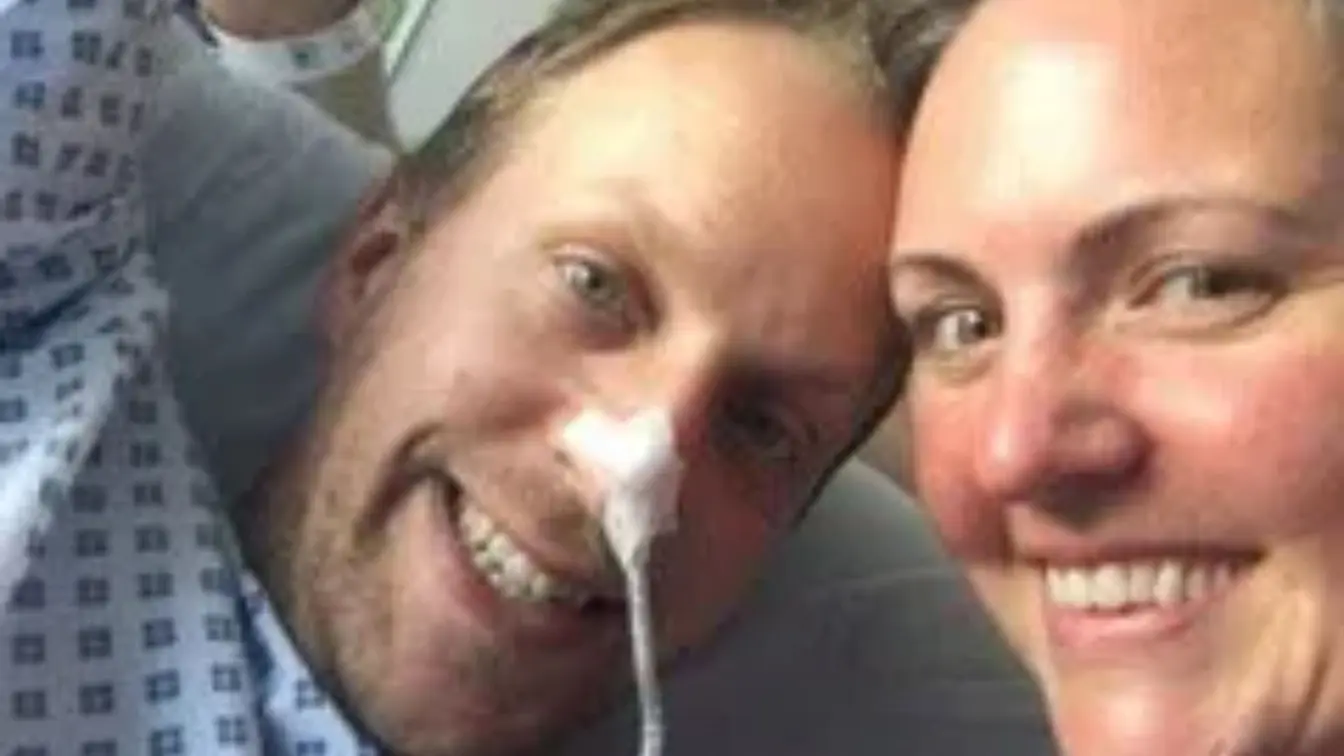
Stage four bowel cancer story shows brave progress
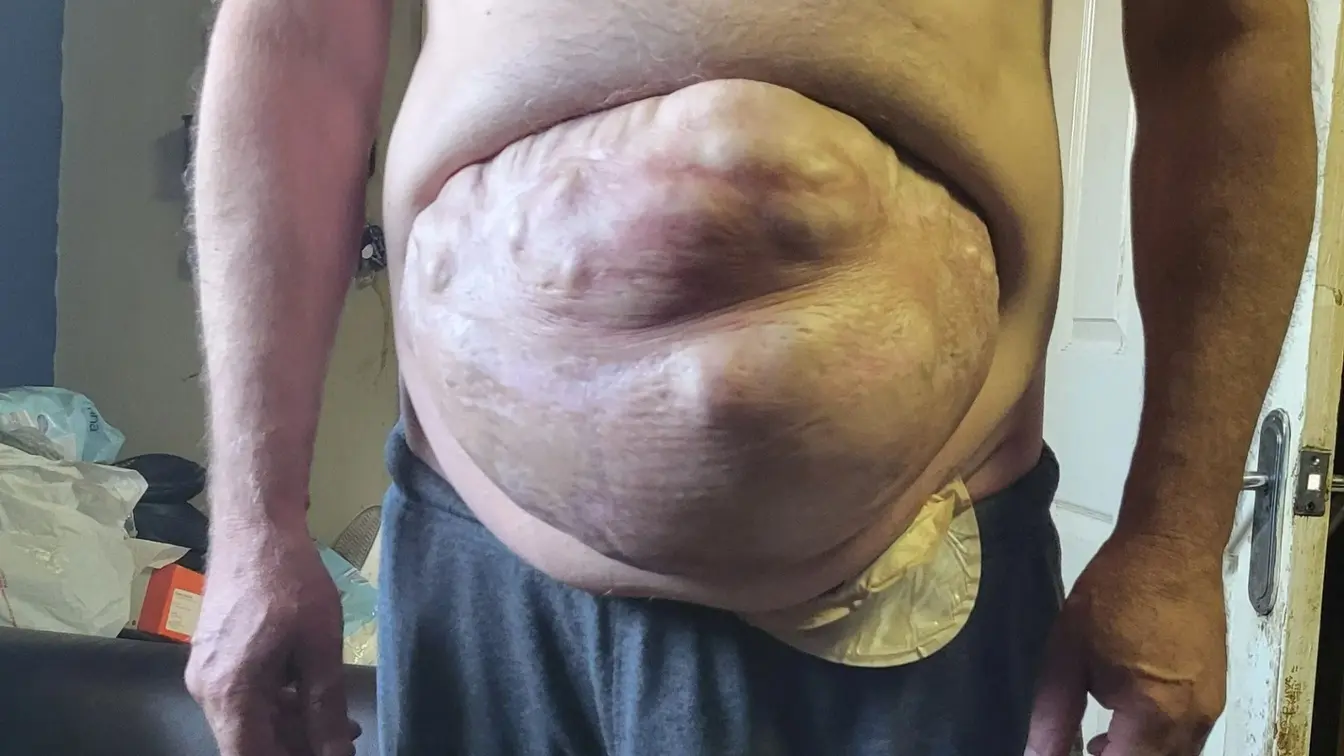
Man awarded settlement after severe misdiagnosis by doctors

Ella Henderson opens up about endometriosis diagnosis
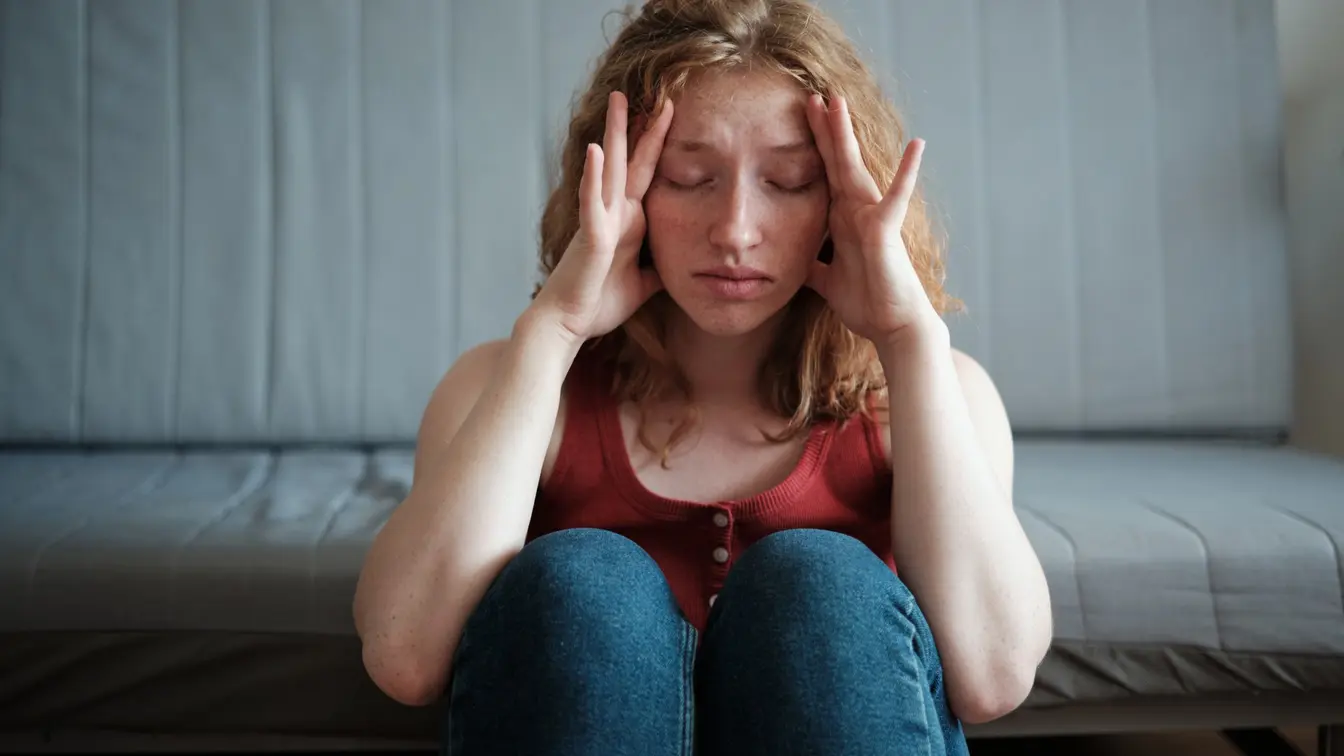
Eight warning signs anxiety slips into a disorder
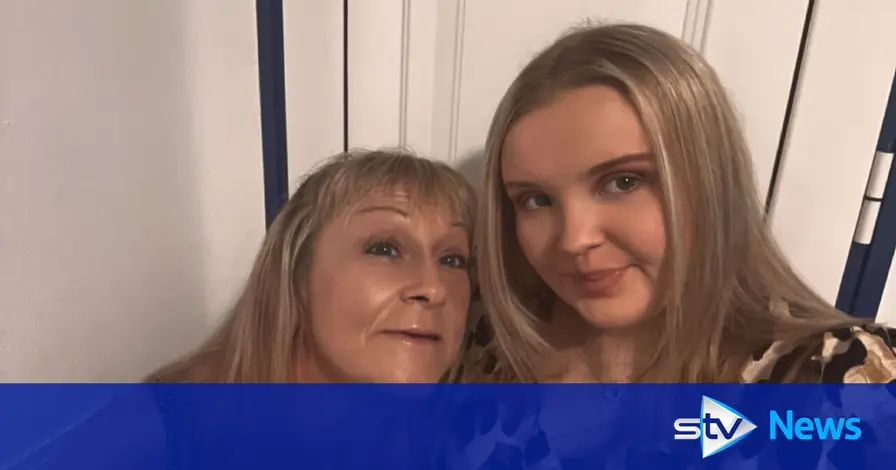
Young woman seeks help for chronic pain condition
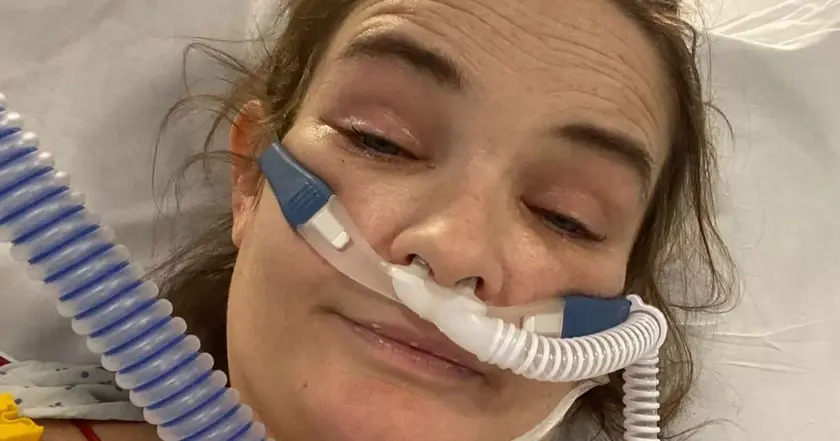
Mum reflects on cancer fight after GP dismissal
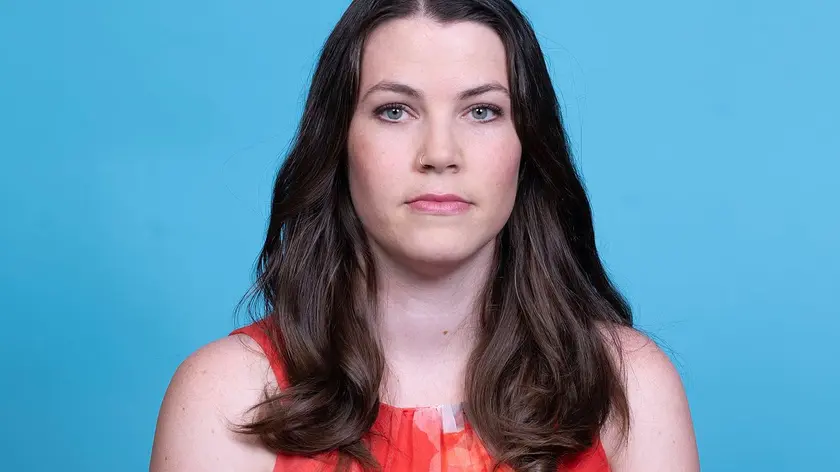
Surge in egg donations raises health concerns
